Faced with the prospect of a third major election in as many years, it's not surprising that many of us empathize with Brenda from Bristol.
The fact that pollsters are forecasting a sweeping Conservative majority doesn’t help.
Whether you support the Tories or not, the feeling that the election is a foregone conclusion is not exactly conductive to a rush on polling stations.
Add an irreversible Brexit and turgid First Past The Post system into the mix, and we have a perfect storm for disengagement.
And yet, as lawyer and one of our political experts Dr Shola Mos-Shogbamimu, puts it, "Apathy is a luxury we cannot afford.”
Here are eight arguments to convince you that your vote really does count:
1. Educate yourself about politicians and policies

"Anyone who says politicians are all the same can’t be bothered to do the research to find out how they differ," says Helen Lewis, deputy editor of the New Statesman.
"There is loads of choice and very big changes between the major parties."
Dr. Mos-Shogbamimu, who is also founder of the Women in Leadership publication, agrees.
"Educate yourself," she says. "Hard facts and hard numbers will help you to consider what politicians say, and guard against false promises."
She recommends treating the process of voting as a job interview to hire a CEO.
"Who will you give the mandate to be leader?" she asks. "You need to do your research and place this responsibility in the hands of those who have a clear vision for Brexit.
"We need politicians with strong policies, great ideas and concrete plans for a future whose weight will be borne by our children."
"Make strong decisions based on informed conversations," she advises. "Ask the stupid questions. If you don’t know, make it your business to find out."
2. Take responsibility for the country’s problems

Part of the problem of voter apathy comes from the fact that many of us are unwilling to own the collective dilemmas we face.
With Brexit, "we need to come together and not see it as a problem for others," says Dr. Mos-Shogbamimu. "It’s our problem. We have to fix it together."
"We’ve handed a great responsibility to politicians and even they don’t know what to do with it – we need to make sense of it and give them our mandate," she adds.
The privilege of voting means that you get to stand up and help resolve national and local issues.
That means not just deciding who will solve divisions on your behalf, but actively thinking them through and being part of the solution yourself.
"If you want to impact the outcome, you need to participate," says Emma Sinclair MBE, co-founder of EnterpriseJungle. "And not participating won’t make it all 'go away'. I think there is no point complaining about something unless you participate in trying to change it."
3. Amid the politics, find the issues that matter
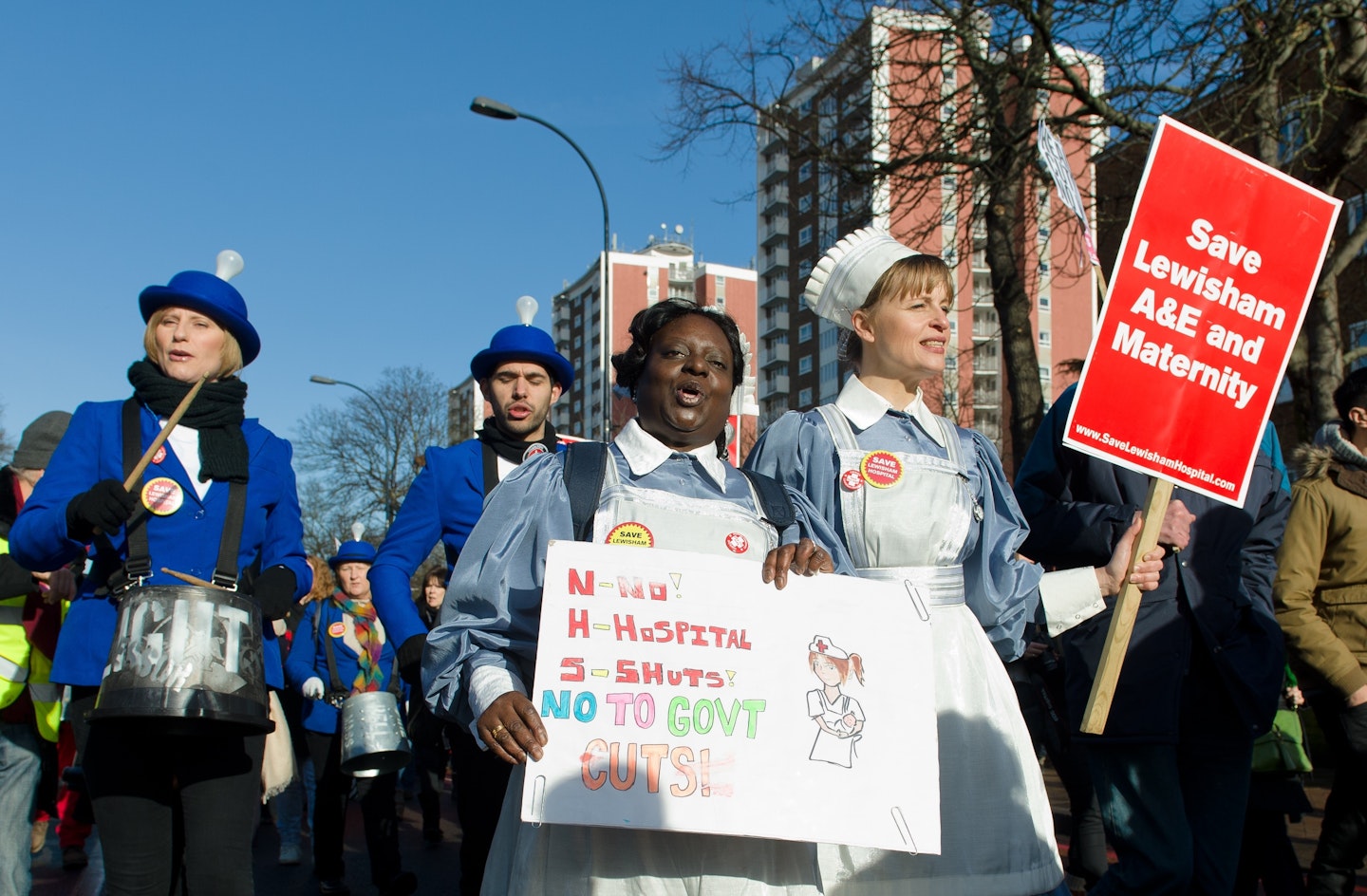
"Many people have an aversion to party politics but an interest in the big issues," says Dr Louise Thompson, politics lecturer at the University of Surrey.
"We need to create a link between the two and understand that one directly influences the other."
"Look at the huge turnout for the Brexit vote," says Lewis, referring to the 72.2% of registered voters who cast their ballot in last year's historic referendum. "If the issues matter, you should vote."
"Casting your vote results in a government that reflect your interests," says Sinclair. "How can we have a representative democracy if you don’t participate? The answer is, we can’t. Its simple maths."
"Understanding the relationship between politics and issues is often why local MPs are so effective at rallying people to vote," says Stuart Thomson, a political blogger and head of public affairs at law firm Bircham Dyson Bell.
"Emotive local issues such as hospital closures are a potent way of motivating the electorate. They address the question of, 'What's in it for me?'"
4. Apathy creates a vicious circle
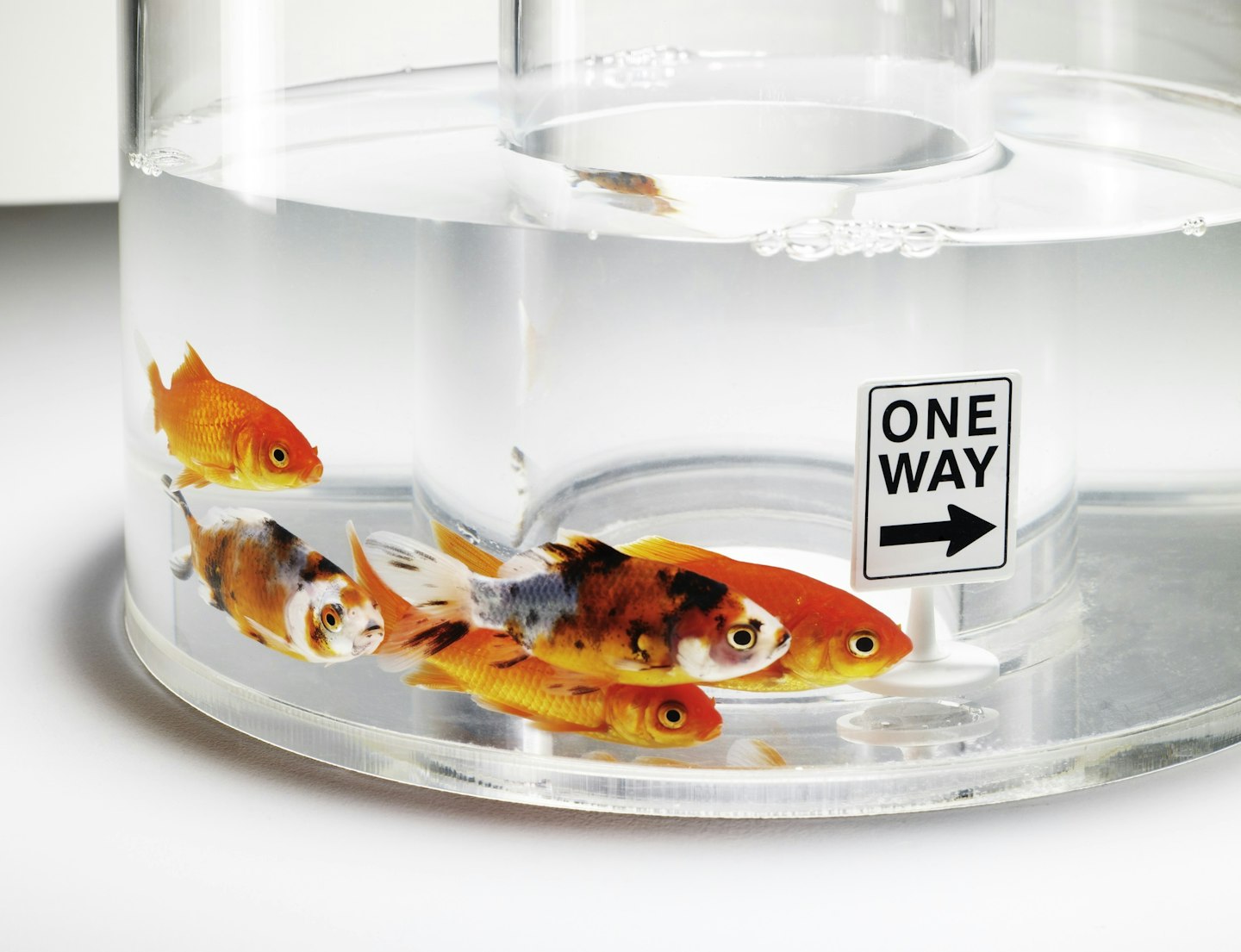
"Turnout stands at around 66% in the UK but if that increased to 100%, it would really make a difference," says Dr Thompson, who points to the fact that by not voting, people are exacerbating the problem of apathy.
"People aren’t voting because seats are seen as safe. But they are only safe because people aren’t voting."
In other words, it's a catch 22 situation. If you don't use your ballot because you feel like nothing will change, nothing will change - and you will continue to feel apathetic as result.
Thomson also points to the age-old rule that, "oppositions don’t win elections, governments lose them."
A government's credibility must nosedive for them to lose the advantage of being in office. So, if you support the opposition, it's really important to make your voice heard in what will undoubtedly be an uphill struggle.
If you don't vote because you're apathetic, you'll never see the difference that will change your mind.
"Thomas Edison took 1,0001 attempts to get the lightbulb right," says Dr Mos-Shogbamimu. "Imagine if he’d stopped at 1,000."
5. Remember, politicians are human too

Politicians can feel very distant to us, the electorate. And because we can't relate to them, we are more likely to either abstain from elections or vote in protest.
It's worth bearing in mind that politicians are human like the rest of us - not only to better understand the impact of their work on us, but also to encourage a more diverse pool of people to stand as candidates (thereby giving the electorate more choice).
"I think it is extraordinarily hard to be a politician," says Sinclair. "Your every move is scrutinised.
"Do try to remember that politicians are human beings and most are doing their very best to represent their constituencies. If we were less demonising of politicians, perhaps the range and calibre of people involved would broaden and then we would all feel very engaged in politics and want to vote."
6. By not voting, you could fuel a toxic approach
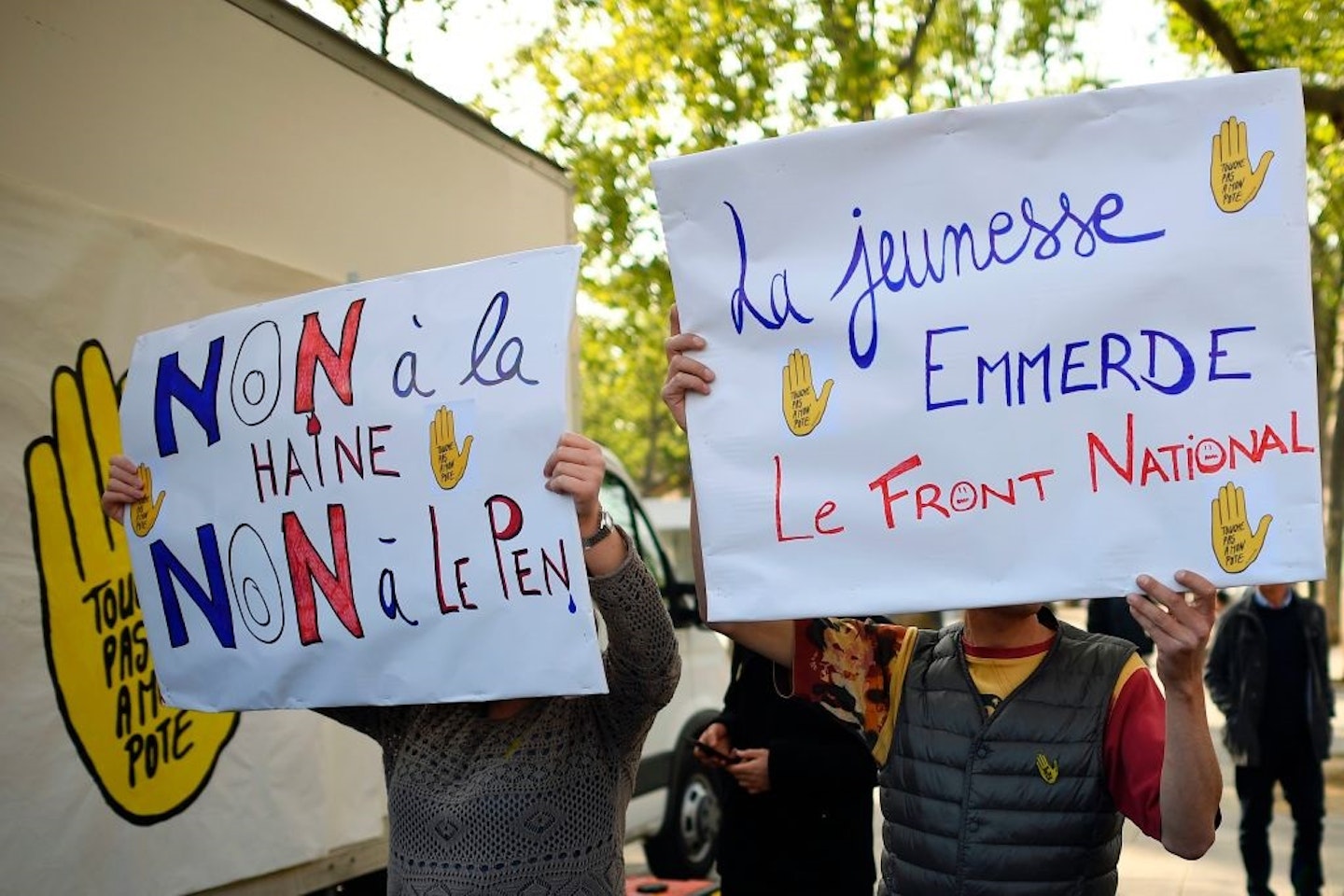
"By not participating, you are giving those who do use their voice - potentially to support a candidate you simply cannot stomach - a greater opportunity to impact the country you live in," says Sinclair.
She points to the election of Marine Le Pen to second round voting in France as an example.
"I hope Grazia readers concur that there is no place for a right wing, racist and anti-Semitic candidate in politics - let alone as a potential presidential candidate," she says.
"Her supporters came out in droves to vote her to become one of two candidates with a shot at that top job. If more moderate voices had come out to vote, France could have avoided her having such a public platform to share her views."
7. At the very least, spoil your vote and campaign for electoral reform
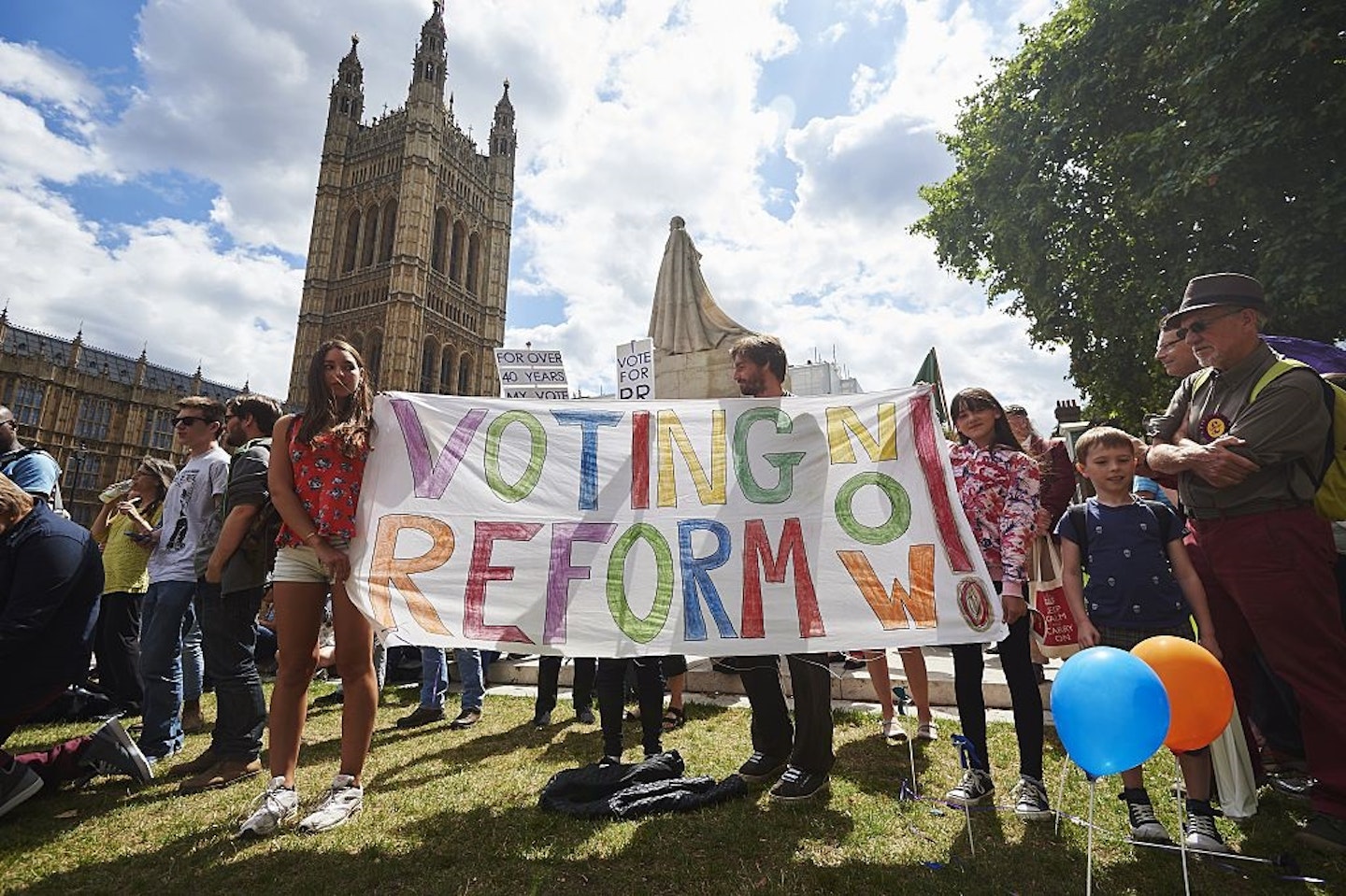
Our First Past The Post system doesn't help those feeling apathetic about the impact of their ballot. It's more ambiguous than Proportional Representation, where the electorate hold the power of a single transferable vote.
"If you really feel like your vote doesn’t count, get out and campaign for a change in the electoral system and Proportional Representation," says Lewis. "That way, your vote really will count directly."
"You need to go out and vote, even if you spoil your ballot to register your anger or discontent," adds Dr Thompson.
8. More than a choice, it's your duty to vote
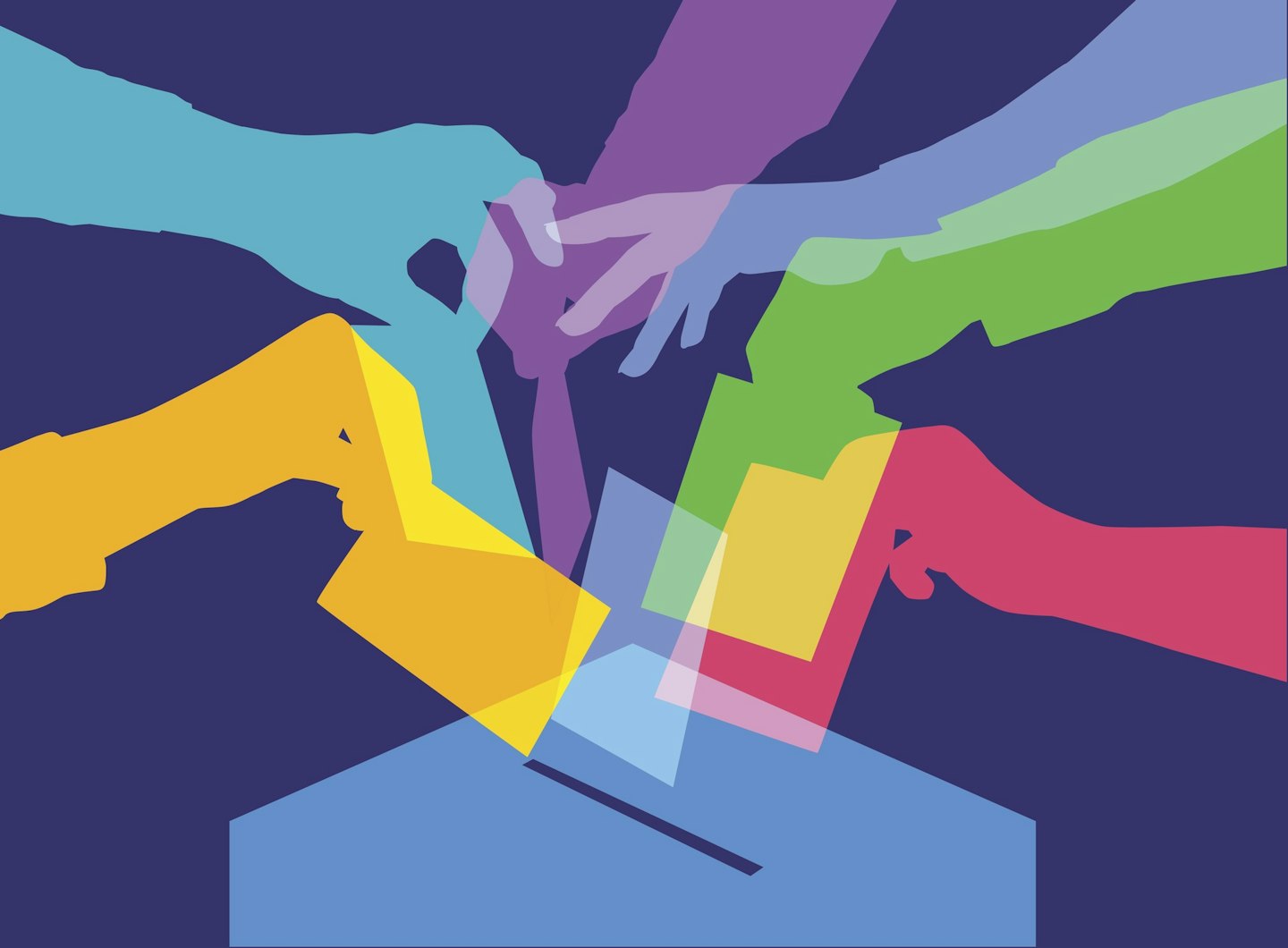
Lewis says people who argue that their vote won't make a difference anyway are entitled, and Dr Mos-Shogbamimu agrees.
"We need to stop this nonsense," she says. "Apathy is unacceptable and untenable. No-one’s here to hold your hand. It's not about 'Can I make a change?', but about 'I MUST make a change'. Apathy is the most dangerous obstacle to moving forward.
"This is the time to give that extra push and make a difference," she says. "We need to hold politicians and ourselves accountable."
"You give up the right to criticise government if you don’t vote. If you did nothing to try to influence it when you could, you abdicated your option to participate in democracy," says Sinclair. "You had a chance to influence the outcome and you decided you didn’t want to.
"It is a gift to have the right to vote. People have fought, been imprisoned and died for the right to have their say. It feels at best, careless and at worst, reckless, not to use it."
You! The Election Jury
Fancy grilling all the major players? We are taking a select band of readers on the campaign trail. To join our Election Jury, email election@graziamagazine.co.uk with a mini bio, your burning question on the vote and where you live.
Read More: The US Election Was Actually A Milestone For Women In Politics
Read More: Could These Challengers Topple Theresa May's Election Tactics?
